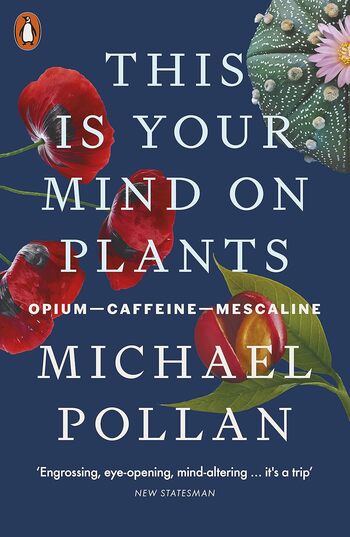
Why We Sleep by Matthew Walker discusses the science, importance, and benefits of sleep, offering practical tips to improve sleep quality and highlighting the health risks associated with sleep deprivation.
Main Lessons
- Sleep is vital for health, impacting mood, memory, and bodily functions.
- REM sleep helps recalibrate emotional brain circuits and is when dreaming occurs.
- Non-REM sleep aids in transferring short-term memories to long-term storage.
- Circadian rhythms influence individual sleep needs, varying across populations.
- Adenosine builds up during wakefulness, causing sleepiness and is purged during rest.
- Consistent 7-8 hours of sleep nightly are crucial for health and longevity.
- Poor sleep leads to forgetfulness, impaired focus, and serious health disorders like insomnia.
- Long-term poor sleep habits increase risks of cancer, heart disease, and shorter lifespans.
- Establish a sleep schedule to regulate circadian rhythms and melatonin production.
- Create a screen-free environment in the bedroom to reduce sleep disruptions.
- Plan meals and caffeine intake to prevent sleep interference.
- Exercise in the early day to promote better sleep and avoid late workouts.
- Limit naps to 45 minutes to prevent disruptions to sleep cycles and adenosine regulation.
- Improving sleep is the most effective way to boost overall health and well-being.








